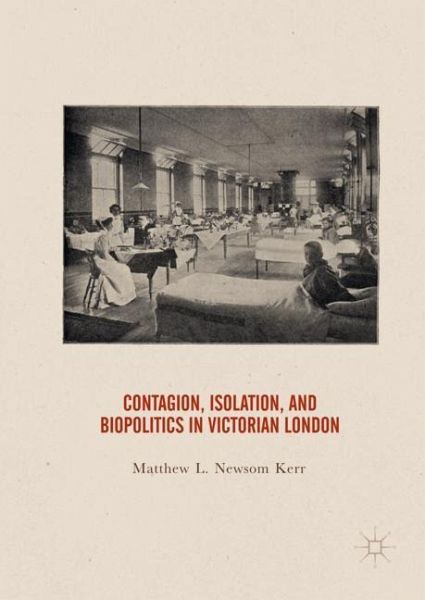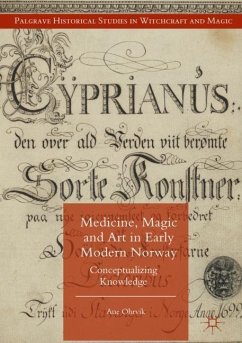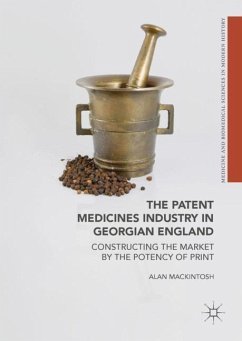
Contagion, Isolation, and Biopolitics in Victorian London
Versandkostenfrei!
Versandfertig in 6-10 Tagen
91,99 €
inkl. MwSt.
Weitere Ausgaben:

PAYBACK Punkte
46 °P sammeln!
This book is a history of London's vast network of fever and smallpox hospitals, built by the Metropolitan Asylums Board between 1870 and 1900. Unprecedented in size and scope, this public infrastructure inaugurated a new technology of disease prevention-isolation. Londoners suffering from infectious diseases submitted themselves to far-reaching forms of surveillance, removal, and detention, which made them legible to science and the state in entirely new ways. Isolation on a mass scale transformed the meaning of urban epidemics and introduced contentious new relationships between health, citi...
This book is a history of London's vast network of fever and smallpox hospitals, built by the Metropolitan Asylums Board between 1870 and 1900. Unprecedented in size and scope, this public infrastructure inaugurated a new technology of disease prevention-isolation. Londoners suffering from infectious diseases submitted themselves to far-reaching forms of surveillance, removal, and detention, which made them legible to science and the state in entirely new ways. Isolation on a mass scale transformed the meaning of urban epidemics and introduced contentious new relationships between health, citizenship, and the spaces of modern governance. Rich in archival sources and images, this engaging book offers innovative analysis at the intersection of preventive medicine and Victorian-era liberalism.












